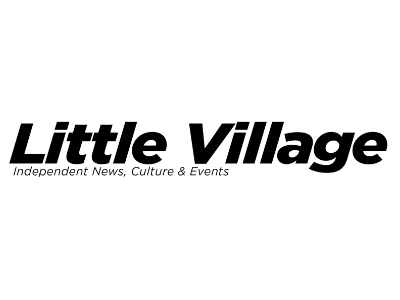
The Iowa City Community School District is returning the books it removed from school libraries because of a book ban in the sweeping education bill pushed through the Iowa Legislature by Republicans last year. Superintendent Matt Degner told district families and staff in an email on Friday that following a federal judge’s injunction stopping enforcement of sections of SF 496, the district “will pause any work related to curtailing the books available in our libraries or classrooms and will return books that have been removed from library shelves.”
In October, ICCSD published a list of books it had removed due to SF 496. The bill required public school districts to remove all books with “descriptions or visual depictions of a sex act” except for approved science or health class texts.
That broad mandate led ICCSD to remove 68 books, including landmark works of literature (Ulysses by James Joyce), literature so embedded in contemporary culture that everyone knows its name (The Handmaid’s Tale by Margaret Atwood) and an essential work by Nobel Prize winner Toni Morrison, The Bluest Eye. It also resulted in the removal of nonfiction works of history (The Rape of Nanking: The Forgotten Holocaust of World War II, Iris Changed widely praised study of the atrocities — including massacres and mass rapes conducted by the Japanese Imperial Army after its 1937 invasion of Nanjing), as well as Not that Bad: Dispatches from Rape Culture, a collection of essays on the harassment and violence women face, edited by Roxanne Gay, a leading American essayist (who will speak at an Emma Goldman Clinic fundraiser in Iowa City on Feb. 3).
“Not That Bad is a book that at its core is about human beings finding a way to talk about abuse and injustice,” said Cedar Rapids author Lyz Lenz, who has an essay included in Gay’s collection. “Taking away a book like that doesn’t protect children, it protects abusers. It perpetuates harmful silences.”
Federal District Court Judge Stephen Locher issued a temporary injunction against enforcing that provision on Friday, Dec. 29. SF 496 was scheduled to go into effect on Jan. 1.
On Nov. 28, the ACLU of Iowa and Lambda Legal Defense and Education Fund filed a federal lawsuit challenging the constitutionality of SF 496 on behalf of seven students and Iowa Safe Schools. The lawsuit targeted the bill’s book ban, as well as a provision prohibiting “any program, curriculum, test, survey, questionnaire, promotion or instruction” that references sexual identity or gender orientation in primary schools, and one that forbids teachers from using a student’s preferred name or pronouns without written permission from parents if they are “different than the name or pronoun assigned to the student in the school district’s registration forms or records.” Both sections are clearly aimed at trans and nonbinary kids.
Two days after that lawsuit was filed, attorneys representing the Iowa State Education Association and Penguin Random House filed another lawsuit in federal court challenging SF 496’s book ban.
Locher considered the cases jointly, and heard arguments regarding a temporary injunction on Dec. 22.
In his ruling, Locher found the book ban was so “incredibly broad” it likely violates the First Amendment.
“Indeed, the court has been unable to locate a single case upholding the constitutionality of a school library restriction even remotely similar to Senate File 496,” he wrote.
Likewise the prohibition on any instruction or materials mentioning sexual identity or gender orientation was “wildly overbroad.” Locher found that the text of SF 496 actually “prohibits any programs, promotion or instruction recognizing that anyone is male or female or in a relationship of any sort (gay or straight).” The judge also halted enforcement of that provision, since it is likely to be struck down as unconstitutional.
Locher did allow the provision requiring teachers and other school staff to get written permission from parents before using a student’s preferred name or pronouns, if they do not match school records, to go into effect.

When SF 496 was being debated in the Iowa Legislature, educators and mental health experts warned that this provision might force vulnerable trans and nonbinary students to come out to their families before they are ready, or hide their identities from teachers and school counselors they trust.
The judge did not consider the substance of that section of SF 496 in his ruling. Instead, he found the plaintiffs did not have standing to challenge the provision, because all of the students bringing the lawsuit are “already ‘out’ to their families and therefore not affected in a concrete way by this requirement.”
In his email on Friday, Degner said ICCSD would “lift the new restrictions placed on teaching LGBTQ+ topics at the elementary level” in response to Lochner’s ruling.
“In essence, we are returning to our practices that were in place before the implementation of 496, except for those portions of SF 496 that we must continue to implement,” the superintendent said.
Degner closed his email by acknowledging that the ultimate decisions on SF 496’s legal status are still far off, but said that as the court cases continue, the district’s “primary focus remains on maintaining a safe, welcoming, and respectful space for every student.”

